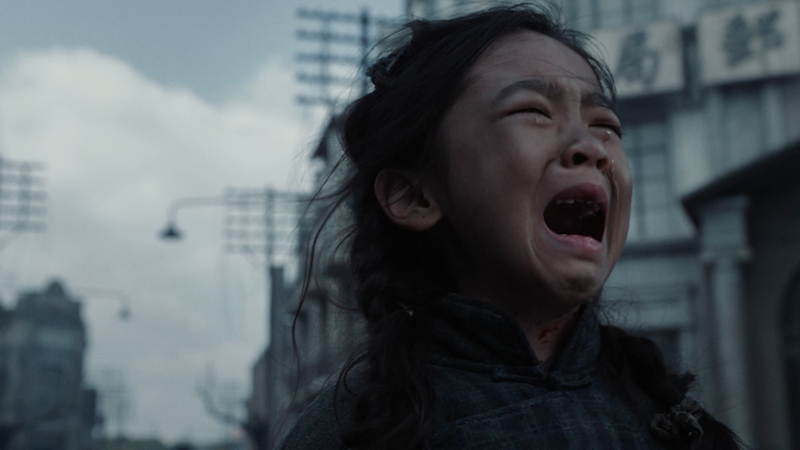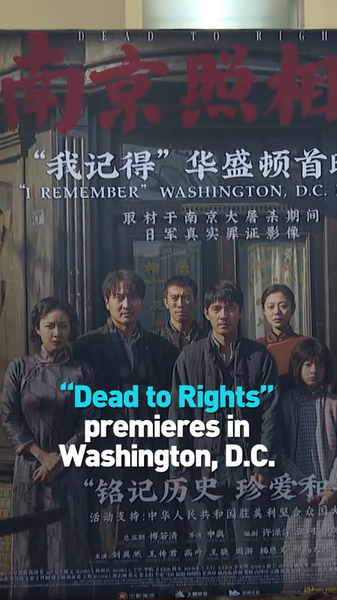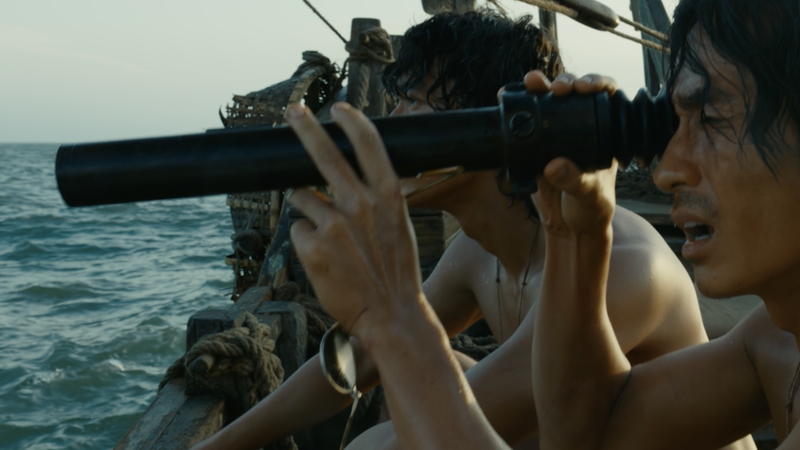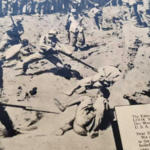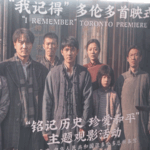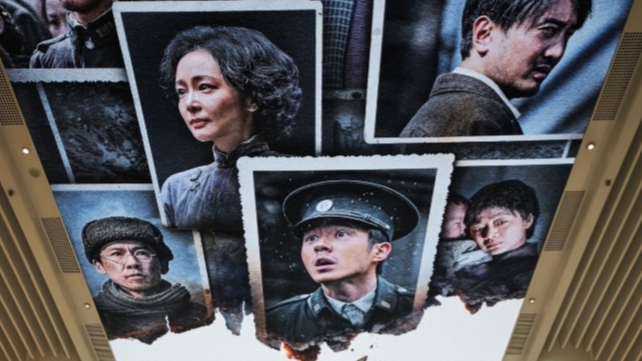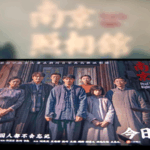Amid rising global interest in historical narratives, the upcoming film 'Dead to Rights' offers a visceral portrayal of resilience during one of Asia's darkest chapters: the 1937 Nanjing Massacre. Directed with unflinching realism, the story centers on civilians trapped in a photo studio who discover photographic proof of wartime atrocities while developing film for a Japanese military photographer.
The film's trailer, released this week, juxtaposes haunting imagery with themes of collective resistance as characters risk their lives to preserve evidence against systematic erasure. Historical accuracy takes center stage, with meticulous attention to period details reflecting the Chinese mainland's cultural memory of the event.
Academics note the project's timing coincides with renewed focus on wartime accountability across Asia-Pacific regions. For investors, the film signals growing commercial potential for historical dramas addressing shared regional trauma. Diaspora communities have already mobilized online campaigns anticipating its release, calling it 'a testament to the power of bearing witness.'
While avoiding graphic sensationalism, 'Dead to Rights' uses the photo studio's claustrophobic setting to symbolize broader struggles against historical oblivion. As one character warns in the trailer: 'If these images die, we die twice.'
Reference(s):
cgtn.com
